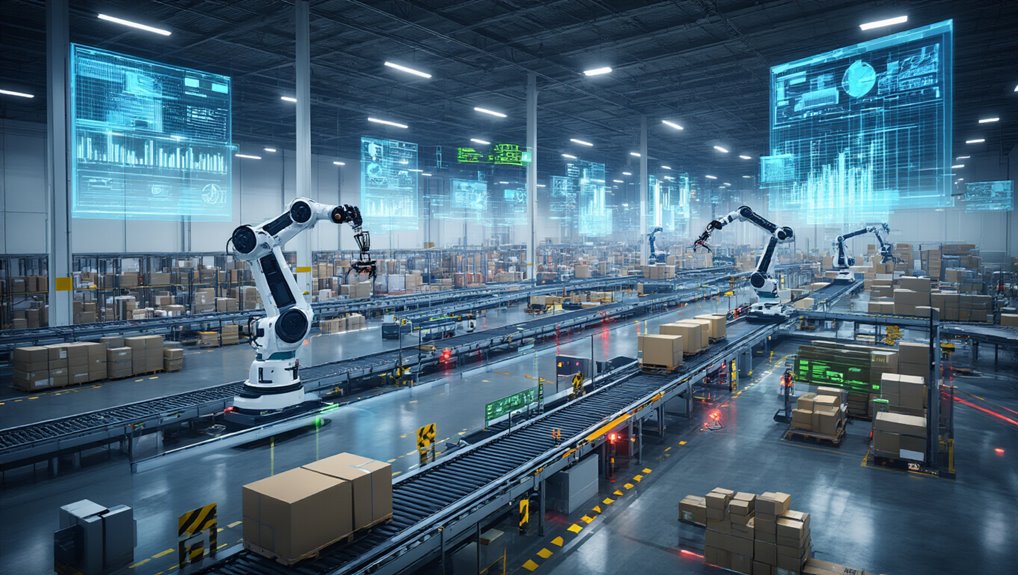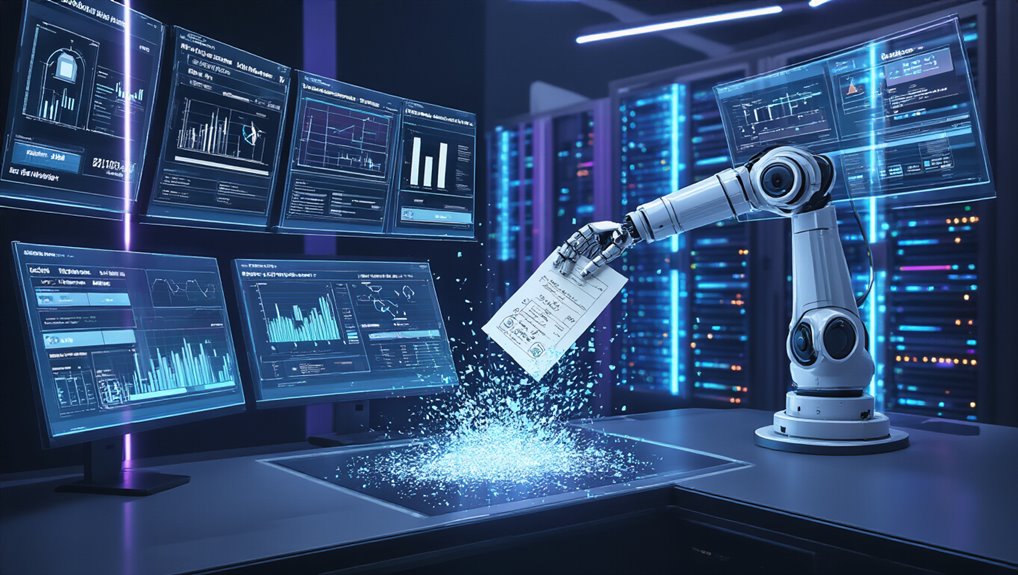The revolution in supply chain management is unfolding at an unprecedented pace. Companies are increasingly turning to artificial intelligence to solve complex logistical challenges, with the AI in supply chain market projected to grow at a remarkable 38.8% CAGR, reaching $41.2 billion by 2030. This rapid adoption stems from growing demands for transparency, cost optimization, and operational efficiency in an increasingly volatile global market.
Organizations implementing AI solutions are seeing tangible benefits. Early adopters report logistics cost reductions of 15% and inventory reductions of up to 35%. These improvements directly impact the bottom line while enhancing service capabilities. Companies like Target and Unilever have strengthened their inventory management and forecasting capabilities through AI integration, giving them a competitive edge.
AI adopters slash logistics costs by 15% and inventory by 35%, transforming supply chain efficiency into competitive advantage.
The technology increases service efficiency by approximately 65% through improved forecasting, automation, and real-time analytics. AI enhances traceability and visibility—now adopted by 68% of supply chain organizations—leading to a 22% rise in operational efficiency. These improvements translate to better customer experiences and stronger business performance. With 55% of G2000 OEMs planning to redesign their service supply chains using AI by 2026, the transformation is accelerating across major industries.
For companies hesitating to adopt AI, the consequences are becoming increasingly severe. As competitors leverage predictive analytics to anticipate low inventory risks and mitigate revenue losses, those without AI capabilities face greater vulnerability to disruptions. Without AI-powered digital twins that create real-time replicas of supply chains, organizations lose the ability to detect bottlenecks before they impact operations. Successful implementation typically requires a digital transformation budget of several million dollars, but the return on investment consistently outweighs the initial costs.
Risk management capabilities also suffer without AI integration. The 53% of companies using AI to anticipate supply chain disruptions gain significant advantages in maneuvering geopolitical risks and trade policy changes. Those without these tools face heightened exposure during unpredictable events.
The choice is becoming clear: embrace AI or risk falling behind. With AI-driven predictive logistics forecasting shipping delays with 87% accuracy up to 9 days in advance, and logistics costs potentially reduced by 5-20%, the business case for implementation is compelling. Pharmaceutical leader Sanofi has demonstrated remarkable success in this area, avoiding $300 million in revenue risks through AI-powered supply chain management. As supply chains grow more complex, AI is evolving from competitive advantage to operational necessity.









